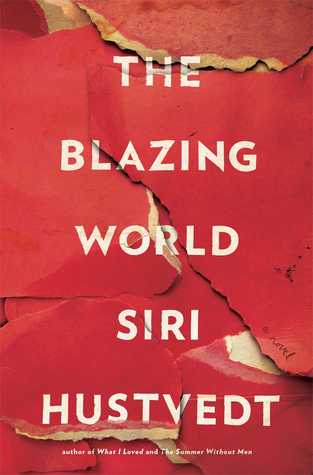 Having been slightly disappointed by the 2012 Man Booker nominee Communion Town, I was anxious to sink my teeth into something with a little more heart. The Garden of Evening Mists made that promise, offering characters with remarkable histories and searing memories. I was anxious to start the journey.
Having been slightly disappointed by the 2012 Man Booker nominee Communion Town, I was anxious to sink my teeth into something with a little more heart. The Garden of Evening Mists made that promise, offering characters with remarkable histories and searing memories. I was anxious to start the journey.
It’s Malaya, 1949, and your story pivots around Yun Ling Teoh, a character with a curriculum vitae that includes Cambridge Graduate, Prosecutor, Judge… and lone survivor of a Japanese wartime camp. Yun Ling’s time in that camp shaped her career, and not surprisingly, her person. In addition to camp memories haunting her every move, her left hand bears a story of its own, as it’s missing fingers. The camp casts a long shadow over Yun Ling’s life.
The fact that her beloved sister was lost to the horrors of the camp only strengthened her resolve to punish the unjust. Hence, her dedication to a career in law. Japanese war criminals were her primary focus.
As a judge I have sat in civil and criminal cases. I have sentenced people to death for murder, drug-trafficking and armed robbery. I have always taken pride in my detachment, my objectivity, but now I wonder if these are merely the attributes of a deadened heart.
As her distinguished 14-year career on the bench comes to a close, Judge Teoh returns to the jungle outskirts of Northern Malaya in her retirement. The place of her youth floods her with memories, and this marks the point when the story begins to move back and forth across time. She revisits her days in the camp, her time as a prosecutor, her experience with communist guerrillas, and her days as a young apprentice. Her present days are marred by illness, as she has been diagnosed with a debilitating form of dementia. Her time to recount these stories, and put affairs in order, is limited.
At a younger age, her great wish was to create a garden in Kuala Lumpur in memory of her sister. She believed that this was the most inspired way to commemorate the loss, since planning such a garden was how the sisters would distract themselves from camp atrocities. This garden was to be Japanese in design, and for this, she approached the well-known Aritomo, the exiled former gardener of the Emperor of Japan. To employ the brilliance of the renowned gardener, Yun Ling had to look beyond her understandable hatred of the Japanese.
While the mysterious Aritomo refused to design the garden at the outset, he did agree to take Yun Ling on as an apprentice. They would create it together. Such a process would take great time, and great effort.
The practice of designing gardens had originated in the temples of China, where the work was done by monks. Gardens were created to approximate the idea of a paradise in the afterlife.
Reading about the creation of the garden was inspired. Beautiful prose offered great detail regarding stone placement, pathways, and the purposeful arrangement of flowers. Beyond the garden, the descriptions of the surrounding tea plantations were a personal favorite. From the hand rolled leaves to the steeped cups, you could smell the pungent brews as they were sipped. Tan Twan Eng’s writing in these portions was masterful, immersing the reader in copious amounts of color and texture. Descriptions of all things natural was this book’s strength. It was a feast for the senses.
The garden’s design also resulted in romance, but I am unsure if that’s the most appropriate word to use. The partnership of Yun Ling and Aritomo should have had the power to enthrall, but I could not seem to muster enough emotion for these characters to will them forward. It also should have felt somewhat forbidden, but instead, it rang of predictability. I could not see opportunities for healing from the relationship between apprentice and teacher. While I understood their link, their understanding and their attraction, they were bereft of passion. Even with their astounding histories, these people seemed to only gloss the surface of who they had become.
Personally, I found that the relationship between Yun Ling and her sister had much more to offer. Theirs was a stronger bond, and I would have enjoyed more of their history together.
While the remaining cast of characters in this novel was interesting, they lacked any truly personable qualities. That’s not to say that I disliked any of them, but I found that they would not stay with me for any length of time.
Overall, the premise of the book was impressive, as was the strength of Yun Ling. The force working against the story, however, was its predictability. There were repeated hints of mystery throughout, but ultimately, no surprises. While the initial questions that were offered at the start of Evening Mists were promising, they were all neatly answered well before the close of the book. Lovely prose, but I was left wanting more. 3 stars.




Comment
I definitely want to read this one. The setting and the time are interesting to me, and I also try to read as many new Asian authors as I can.